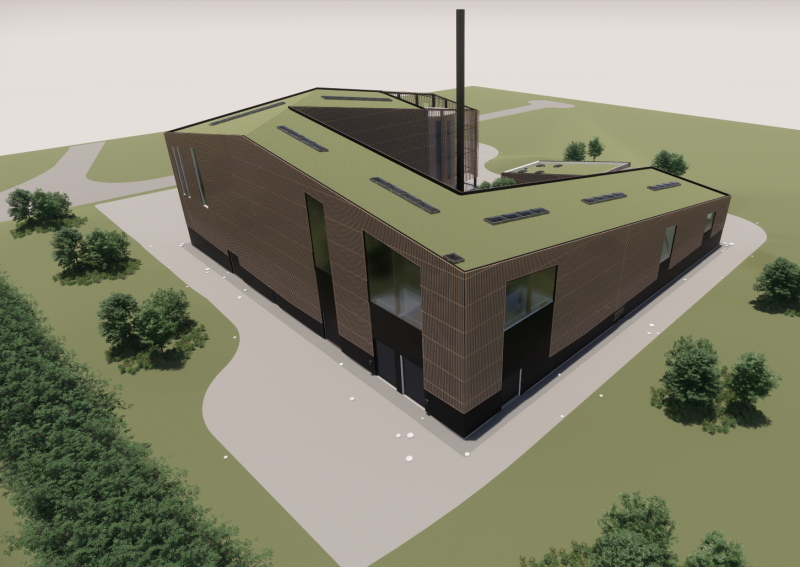Case
Air pollution
Air pollution from industry production
Biomass
+9
Biomass as a circular, local resource

Want to see this solution first hand?
Add the case to your visit request and let us know that you are interested in visiting Denmark
The renewable energy which is wasted
Many Danish municipalities still use the old ways of handling green waste from private gardens and urban green areas: The surplus biomass is collected in recycling stations just to be composted. Composting is often seen as necessary to get rid of the surplus biomass. But the downsides by composting is becoming increasingly undesired: the CO2 collected by the plants during its lifetime is released directly into the atmosphere without any cleaning and without making use of all the sun energy bound chemically in the biomass.
The green garden and park waste should preferably be used as biomass fuels to replace fossil fuels and ensure the emissions to atmosphere are controlled and cleaned to industrial standards to minimize air pollution. But traditional grate fired technology used in most heating plants are not suitable for using these low-quality biomass fuels.
Circular use of local biomass
In Sorø, Denmark, the local utility company Sorø Fjernvarme has made extensive studies to find a way of lowering the prices for their district heating consumers. They also wanted to improve the carbon footprint of their old heat production units, which is based on fossil fuels. Consequently, they have now started constructing a new CHP Plant, which will utilize new biomass technologies developed and patented by Dall Energy.
The plant will be able to operate on 100 percent woody green waste, which is collected from the local recycling stations. The patented biomass gasification furnace with staged combustion will convert the surplus biomass into green electricity and sustainable heat for the district heating network. The scope of Dall Energy delivery comprises of a biomass gasification furnace and a hot oil boiler, including all associated auxiliary equipment, electrical and control systems. Dall Energy is responsible for turnkey delivery of the equipment, including design, procurement, installation, and commissioning.
Significant cost savings and reduced air emissions
To be operated as a baseload CHP Plant, it will have a thermal capacity of 12 MW heat and approximately 1 MW electricity. The plant efficiency will be up to 110 percent (LCV based) depending on the fuel quality.
Once commissioned, the plant is expected to provide cost savings to district heat customers along with the environmental and climate benefits. Sorø Fjernvarme is expecting an average 130 m2 Danish household will face reduced annual heating costs of about DKK 3.750 or almost 25 percent by the end of 2022 compared to current price levels in the Sorø Fjernvarme network.
Air pollution will be significantly reduced compared to locations, where green waste is still being composed in large scale with the energy being wasted.
Biomass is proven as cost-effective energy storage. The solar energy chemically bound in the biomass can be used in the winter and periods of time, where other renewable sources like wind or solar are unavailable.









